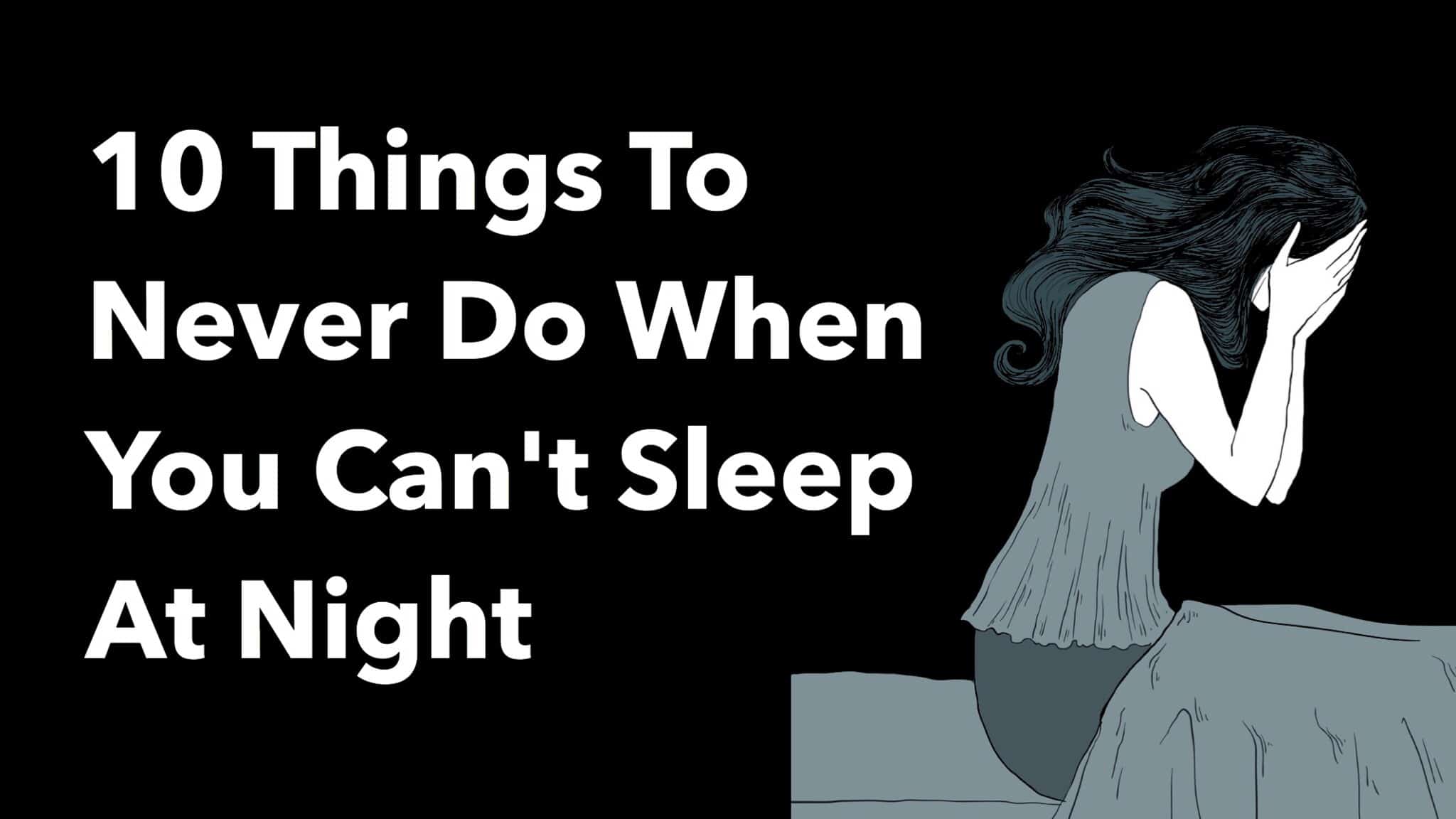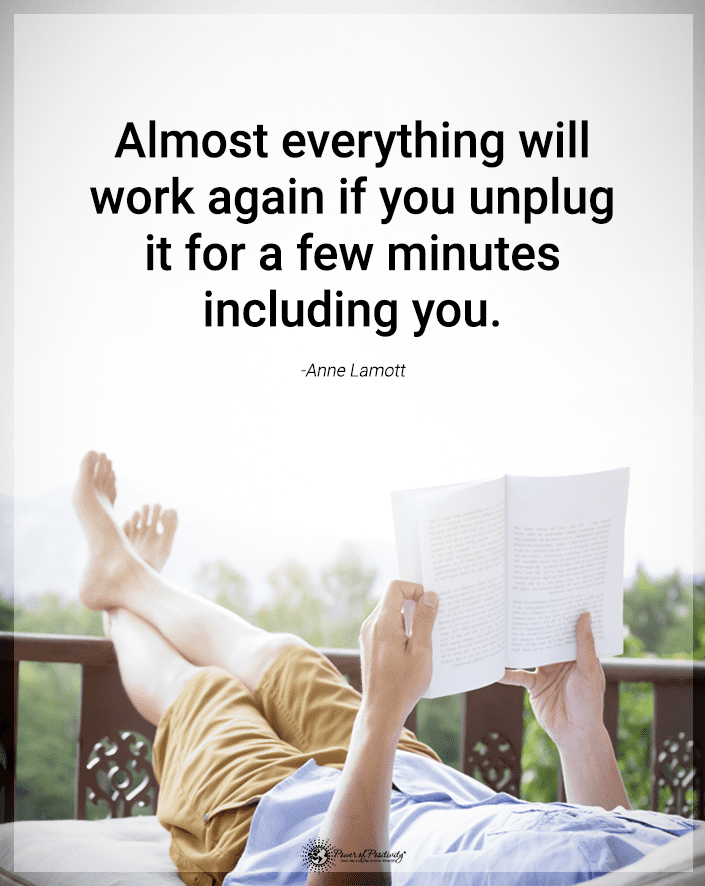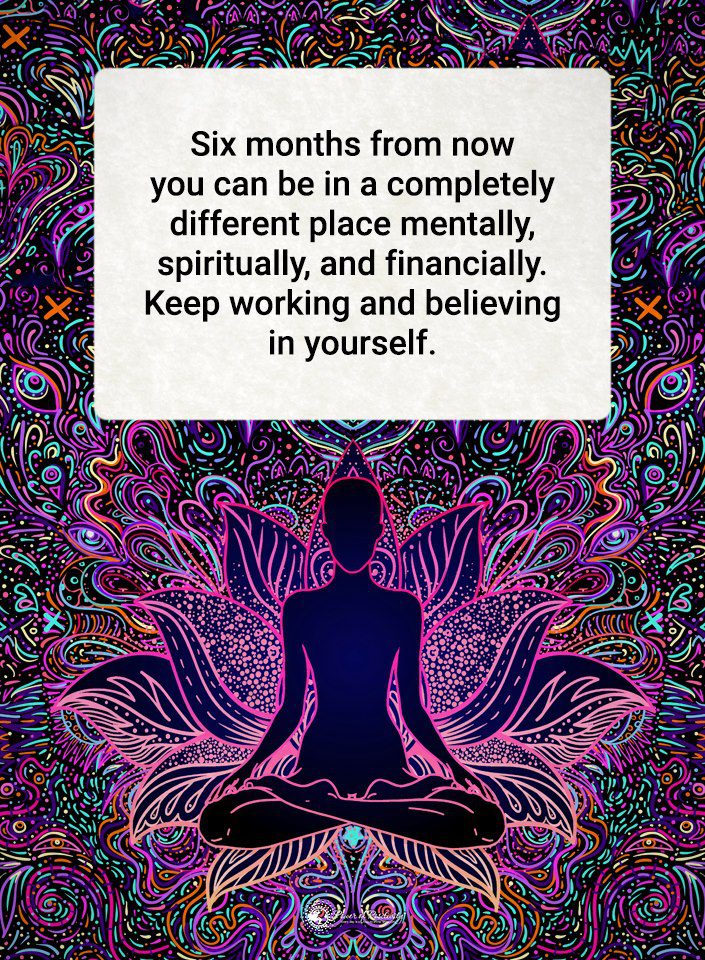While lengthy, the introductory quote can be simplified as follows: habits you form are either conducive or disruptive to your sleep each night- any disturbance to regular, routine sleeping patterns can damage your mental and physical health. “Regular, routine sleeping patterns” is the body’s circadian rhythm. Nearly every living thing on earth has a natural sleep cycle – a survival mechanism born from evolution.
This article explains habits and behaviors to avoid if you have trouble falling and staying asleep. (As someone in this situation, I can attest to the importance of abstaining from certain behaviors regarding quality sleep.)
Before we begin, it is essential to understand the other causes of sleep disturbances. The last thing we want is for our readers to ignore signs that could implicate other health problems.
With that said, here are some other causes of sleep disturbances:
- Medical: allergies, anxiety, depression, gastrointestinal problems, arthritis, asthma, neurological disorders, thyroid problems, and acute or chronic pain.
- Medications: allergies, asthma, birth control, cold and flu, depression, heart conditions, hypertension, and thyroid conditions.
- Underlying sleep disorders: sleep apnea, restless legs syndrome (RLS, periodic limb movement disorder (PLMD), and narcolepsy.
Here are ten habits or behaviors to avoid when you can’t sleep:
“Poor sleep habits can precede insomnia symptoms and various sleep disorders, or your bad habits could be symptoms of something deeper. Regardless, chronic bad sleep habits can create a residual sleep deprivation and carve deep behaviors you could struggle to free yourself from.” – Insomnia.net
1. Going to sleep too early each night
About 90 percent of insomniacs fall asleep too early during the day. Hitting the mattress too soon is often the result of staying up past regular bedtime hours – and this throws your sleep/wake cycle off balance.
Rectifying this problem is not always easy. A good first step is to reserve the times spent in your bed to “wind down” or sleeping hours.
2. Going to sleep at different times on the weekend
Circadian rhythm is a term you’ll see a lot of in this article; because, when it comes to establishing healthy sleeping habits, this internal body clock must be “set” and maintained. Doctors who specialize in sleep medicine emphasize going to bed and waking up at the same time every day as perhaps the best sleeping habit.
3. Not counting your caffeine
Many of us love our morning (or afternoon) cup(s) of Joe. The mistake that many of us make is not counting our caffeine intake. General consensus is that a healthy adult can consume up to 400 milligrams (mg) of caffeine – or about 3 cups of coffee.
Another mistake some people make with their caffeine…
4. Not considering caffeine’s “half-life”
Caffeine, like all drugs, has a half-life – or number of hours that 50 percent of the substance remains in your system. Caffeine has an average half-life of five to six hours, so it isn’t a good idea to drink soda, coffee, or tea during late afternoon or evening hours.
5. Thinking you need ‘x’ hours of sleep
The hours of sleep we need are highly individualized. The National Sleep Foundation (NSF) recommends 7 to 9 hours of sleep for healthy adults – and this number seems about right for most. However, for some adults, this recommended amount is too much or too little.
A good barometer might be when you can fall asleep quickly and wake up without an alarm clock.
6. Using electronics before bed
Guilty as charged for many of us. We love our gadgets, but they’re counterproductive to sleep for a couple of reasons. First, playing with our e-toys stimulates the brain (we’ll get to that). Second, modern electronics emit a particular type of light that disrupts the natural action of melatonin – our brains “sleep” chemical.
7. Getting out of bed during the night
This one’s hotly debated. Some experts say, “do some light activity,” still others: “lay there until you nod off again.” As with hours of sleep, whether to stay in bed or get up appears individualistic.
The solution: do what’s best for you. However, if getting out of bed and doing certain activities heightens your awareness, it’s probably best to lay in bed and rest.
8. Doing something stimulating during the late hours
We get bored easily, even when our body tells us to rest or sleep. That said, engaging your brain (read: Facebook, Twitter, or mobile gaming) is probably the worst thing you can do – as you are almost guaranteed an entirely lousy night’s sleep by doing so.
Mindfulness works wonders in this need for stimulation. Please close your eyes, take deep breaths, and count each breath, inhale = 1, exhale = 2, and so on…it works!)
9. Having no wind-down time
Our brain’s transition from active to relaxed to sleeping is supposed to be a natural one. When we’ve changed our natural sleep/wake cycle, we must “recalibrate our clock.”
An effective way to do this is to allocate 60 minutes for a wind-down period. One prominent sleep professional recommends the following routine:
-
- Set the alarm for 60 minutes before bedtime.
- Spend the first 20 minutes finishing up any “must do’s”; the next 20 minutes on sleep hygiene (brushing teeth, showering, sleeping attire), and the last 20 minutes doing something relaxing (reading a book, deep breathing, meditation).
- After the alarm goes off, it’s night-night time.
10. “Clock-watching”
Please don’t have a digital alarm clock facing your bed’s direction; this is especially important if you’re having difficulty falling and staying asleep. Why? Because if you wake up in the middle of a bad night’s sleep and see 3:15 AM staring back at you in bright red digits, you’ll immediately begin mental math about how many hours of sleep you could “still get” (but probably won’t).
The above-described scenario releases adrenaline and cortisol in your brain, which, you guessed it, promotes wakefulness.
Final Thoughts on Falling Asleep at Night
Achieving restful and rejuvenating sleep is essential for our overall well-being, and avoiding certain habits and behaviors can significantly improve our sleep quality. The wisdom shared here offers valuable insights into fostering healthy sleep habits.
By acknowledging the importance of maintaining a consistent sleep schedule, we can sync with our circadian rhythms, promoting a more balanced sleep/wake cycle. Keeping track of caffeine intake and understanding its half-life can also play a pivotal role in ensuring a restful night.
Recognizing that the ideal amount of sleep varies from person to person reinforces the need to listen to our bodies and find our own unique balance. Moreover, limiting electronic device usage before bedtime can help create an environment conducive to relaxation and the natural production of sleep-inducing melatonin.
The decision to stay in bed or get up during nighttime wakefulness remains a subjective choice, but it is essential to prioritize what works best for individual comfort and restfulness. Avoiding stimulating activities during late hours and allowing for a dedicated wind-down period can facilitate a smooth transition from wakefulness to sleep.
Incorporating these habits into our daily routines can lead to a more restful and fulfilling night’s sleep, allowing us to wake up refreshed and ready to tackle the challenges of a new day. So, take these tips to heart, and may your journey toward better sleep be filled with peaceful nights and energized mornings.
















 Community
Community

